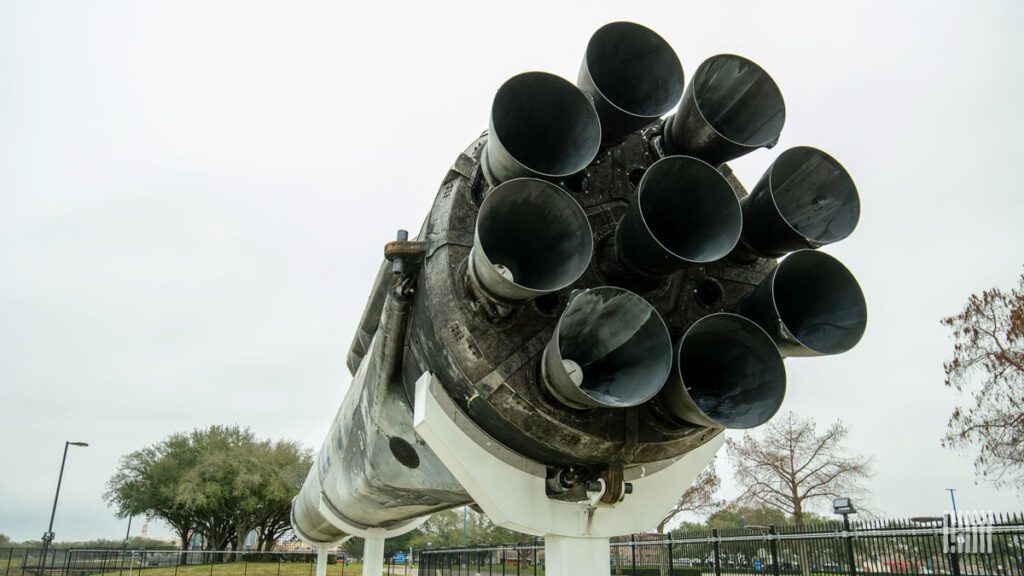August 4, 2022
Fleet Safety Can Be as Easy as Rocket Science

Think of your safety program as the engine, company the rocket
Fleet safety isn’t rocket science. But for the sake of the argument, let’s pretend it is.
Think of your company as a rocket and your drivers as the astronauts. When the countdown to launch begins, their training and trust in the engines will determine the success of the mission.
Your engineering better be top-notch because one error can lead to catastrophic failure.
Here, the engines are your safety program. Reliance Partners Director of Safety Robert Kaferle uses the rocket analogy to describe how safety keeps your company on the right trajectory.
Whether it’s inadequate training, loose enforcement of regulations and procedures or tolerance of insubordination, trucking accidents are mostly byproducts of a poorly run safety program.
But just as no two rocket engines are the same, fleet safety programs are no different. Kaferle said it all depends on the structure of your organization, which is why he suggests choosing the right third-party safety professional to meet your needs.
It’s important that your safety professional offers more than just ideas but can actually put a plan in place. Speaking at a recent Tennessee Trucking Association event in Nashville, Kaferle asked the attendees who they would prefer to build their rocket engine, a theorist or an engineer?
“Depending on what you need for your organization, do you need a theorist who’s gonna give you theories on what you could do to help you move your safety program — propel your rocket forward — or do you need somebody like a rocket engineer who has practical experience at building these programs?” Kaferle asked.
In other words, are you looking for somebody to give you pointers or strategies?
For example, say a carrier is knee-deep in driver violations, which include not keeping logbooks.
“The theorist would just say to make sure that all your drivers have their blank logs and manuals in their trucks,” Kaferle said. “But the rocket engineer would tell you the issues you’re having, like ‘The drivers don’t have these items in their trucks, so this is how I would solve this situation: Every week make sure to do a random spot check of 10% of your drivers and have them send pictures of their blank logs and manuals to their dispatcher.’”
What it comes down to is theoretical versus practical knowledge.
“The smaller you are, the more you need somebody that’s more well rounded to give you recommendations on all sorts of topics, whether it’s driver retention or safety awareness campaigns for your drivers or maintenance team,” Kaferle said. “I think it’s critical, even for carriers that are performing well, to have somebody come in and review what they’re doing and provide feedback.”
It can be difficult for fleet owners and even safety managers to fairly gauge their own efforts, especially when feedback comes exclusively from within your organization. That’s why Kaferle recommends bringing in somebody from outside your organization to provide an objective overview of what they see versus what you see every day.
Motor carrier safety is in fact not rocket science, but that’s not to say it can’t be difficult at times. When building out your safety program, don’t be afraid to ask for help from the experts.
Kaferle and the Reliance Partners’ Safety Management Team offer consulting and aid fleets of all sizes to build robust safety departments from the ground up. From maintenance to operations, culture to compliance, Reliance Partners tackles risk mitigation from all angles to ensure every motor carrier is go for launch.